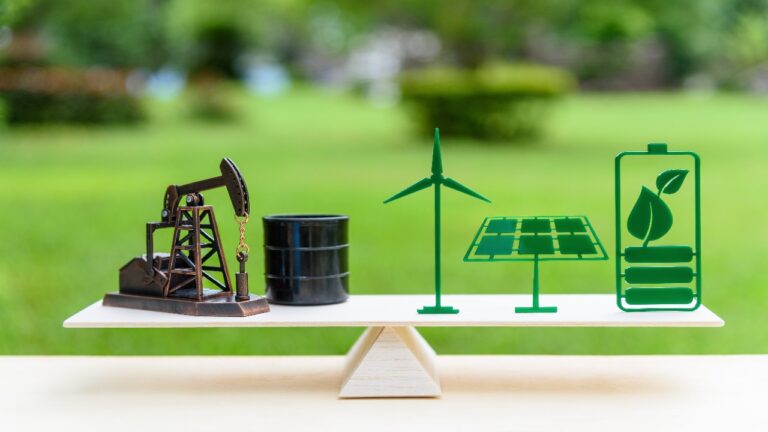L’UE annonce une rupture totale avec les hydrocarbures russes d’ici fin 2027
L'essentiel de l'actualité du gaz naturel, des gaz renouvelables et de l'hydrogène
Current Access Level “I” – ID Only: CUID holders, alumni, and approved guests only
Energy has long been intimately tied to global geopolitics, power and foreign policies. The rapid pace of change in the energy sector is creating new sources of uncertainty and risk that require careful study and understanding.
Israel’s decision to attack Iran’s nuclear program on June 12 might go down in history as the start of a significant regional war, and the inflection point that led Iran to finally acquire nuclear weapons.


The commercial deals Trump struck on artificial intelligence cooperation will likely shift the global balance of power for one of this century's most critical technologies.

President Donald Trump's first official foreign policy trip, as in his first term, was to Saudi Arabia earlier this month, with additional stops in Qatar and the United Arab Emirates.

PetroStates and ElectroStates clash as fossil fuels and clean energy reshape global power, strategy, and alliances.


Steps by the second Trump administration show it is taking a tougher stance against the regime of Nicolas Maduro. Trump recently issued an executive order that could levy a 25 percent tariff on countries that directly or indirectly import Venezuelan oil starting on April 2, and it has modified Chevron’s oil license to operate in the South American nation.

Trump’s abandonment of antibribery efforts will hurt—not help—U.S. companies.

As Indian Prime Minister Narendra Modi makes his first visit to Washington in the second Trump administration, energy will likely take a front seat in United States-India relations.

During a speech at the World Economic Forum in Davos last month, President Donald Trump urged Saudi Arabia and OPEC to increase oil production to lower prices and exert economic pressure on Russia.
